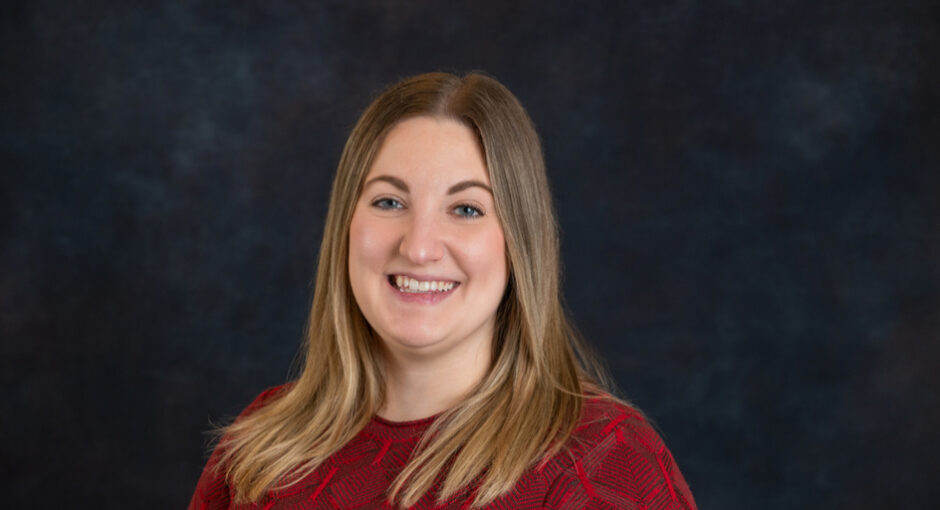The fallout continues from drug makers and health centers’ decision to work together to change the 340B program, with the drug industry giving its first interview about the deal to 340B Report on Friday and several hospital groups jointly blasting the initiative yesterday.
Pharmaceutical Research and Manufacturers of America and the National Association of Community Health Centers jolted 340B stakeholders on March 9 by jointly releasing a 10-point plan to guide federal 340B reform legislation. The plan says many disproportionate share hospitals are not “true” safety-net institutions and should be held to tougher 340B eligibility standards. DSH hospitals account for about 80% of 340B program sales.
NACHC has spoken publicly before about why it decided to work with PhRMA. Until now, PhRMA has not spoken publicly about what it thinks it can get from working with NACHC on 340B that it cannot otherwise obtain.
NACHC said it began talking with PhRMA last summer due to hospitals’ inertia about seeking legislation addressing drug manufacturer conditions on 340B contract pharmacy arrangements and pharmacy benefit manager encroachment on 340B revenues. NACHC said it told hospitals its members need immediate relief from Congress. The 10-point plan essentially would give NACHC the relief it says its members need.
During an interview Friday, PhRMA Senior Director of Public Affairs Nicole Longo was asked if drug makers and hospitals can find common ground on 340B.
“There is no way for 340B to be fixed without everybody coming to the table,” Longo said. “Hospitals are an important constituent in the program. You can’t ignore them. The hope is that as a group we can work together. We’ll have to see what happens.”
It did not take long to see. On Monday, six hospital groups—340B Health, the American Hospital Association, America’s Essential Hospitals, the Association of American Medical Colleges, the Catholic Health Association of the United States, and the Children’s Hospital Association—plus the American Society of Health-System Pharmacists jointly denounced PhRMA and NACHC’s 10-point plan as “the latest development in a multiyear campaign by the drug industry to cut 340B eligibility and walk away from its commitment to support patients in need.”
The seven groups said PhRMA and NACHC’s initiative, “deceptively branded as an effort to save 340B, proposes to remove many hospitals from the program and significantly narrow its scope of eligible drugs and patients. The proposal would only save drug company profits by reducing their already modest financial contribution to the health care safety net.”
The groups vowed to “continue fighting back against these drug company attacks.”
Longo in the interview disputed assertions that the drug industry “wants to get rid of the program.”
“That’s absolutely false,” she said. “We’ve grown concerned over the years about whether the program was working in the best interest of patients and vulnerable communities.”
“We have to work together if we’re going to get the program back on track and fix it,” she continued. “It’s one thing if you try and push a boulder uphill by yourself. But if you’re working together with people who have a similar goal in mind, you can be more successful.”
Longo did not directly respond to whether it is true that PhRMA seeks to cut the number of 340B DSH hospitals in half and limit the remaining ones to five contract pharmacy arrangements each. “It’s important to make sure the right safety-net providers are benefitting and getting the support of the program so that the patients who truly need it have access,” she said.
Longo was asked why PhRMA agreed in the 10-point plan to seek “statutory changes that codify … [340B] contract pharmacy arrangements.” Individual drug manufacturers currently are arguing in federal courts that they do not need to honor any such arrangements because they say that the 340B statute says nothing about them. Also, in January, a federal appeals court held that the statute does not require manufacturers to ship 340B-acquired drugs to an unlimited number of contract pharmacies. Two more federal appeals courts are expected to issue opinions in companion cases any day now.
“We need a path forward … and the way to move forward is to work with other stakeholders,” Longo said. “So yes, the industry did compromise on a number of issues, contract pharmacies being one of them.”
Child sites are another issue, Longo said. The 340B statute is silent about child sites, but the 10-point plan would “acknowledge their role,” she said. PhRMA agreed to this “because at the end of the day we want to make sure the program is reaching the communities and patients it needs to reach,” Longo said.
Asked what was non-negotiable in its talks with NACHC, Longo said, “leaving the program as it is.”
Longo said she did not know if PhRMA has a timeline for enactment of legislation based on its and NACHC’s 10 core reform principles. The focus now, she said, “is explaining why these principles, done together, can fix the problems in the program.”


